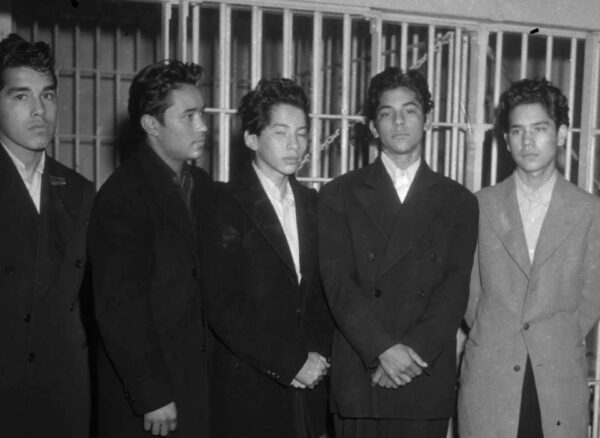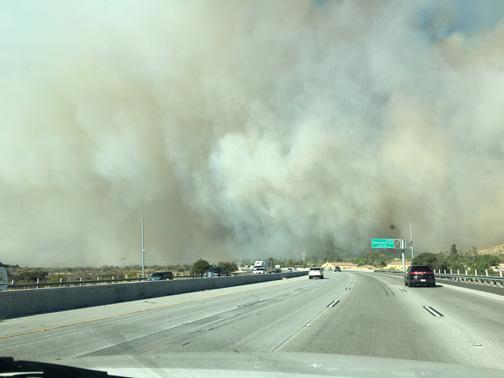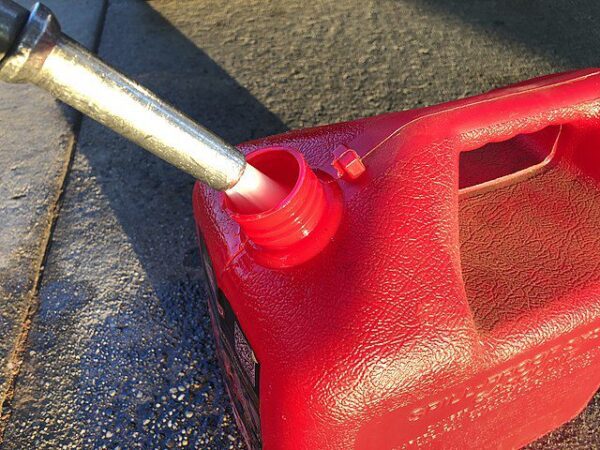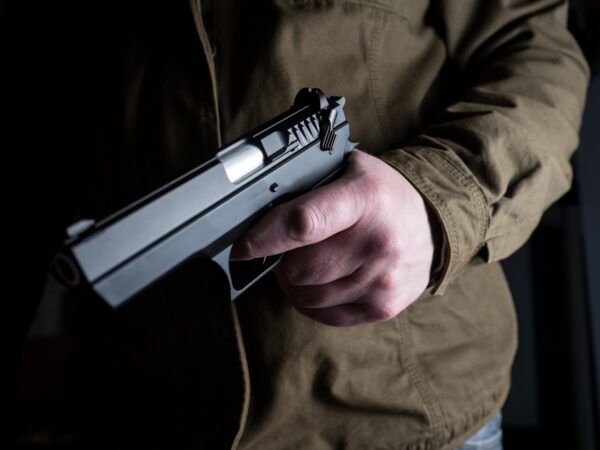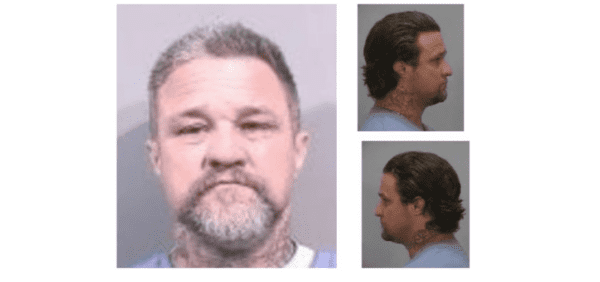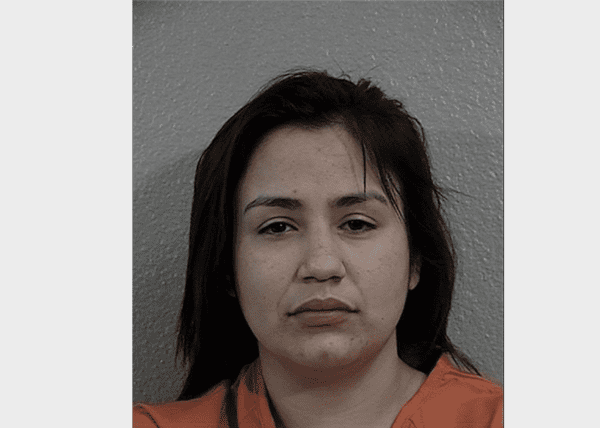The Los Angeles City Council Friday publicly condemned the 1943 “Zoot Suit Riots,” and acknowledged the city’s role in the treatment of Mexican-Americans during the racial turmoil of 80 years ago.
“Today, we gather to honor the resilience of previous generations that endured violence and to formally apologize for the sanction brutality that targeted not just Mexican-Americans, but also African-Americans and Filipinos, and others,” Councilman Kevin de León said during a presentation on the topic.
The City Council on May 17 adopted a resolution presented by de León that stated, in part, the “Los Angeles City Council and city of Los Angeles by adoption of this resolution hereby apologizes to the people and communities impacted by the Zoot Suit Riots.”
It also established June 3-9 each year as “Zoot Suit Heritage Week.”
Miguel Vera Lopez of the Chicano Moratorium Committee, along with Manny Alcarez, a “pachuco” culture enthusiast, and representatives from the Boyle Heights Neighborhood Council gave remarks during Friday’s council meeting and joined de León as they discussed the impacts of the Zoot Suit Riots.
Lopez said the group represented the generation that “established a voice” since the 1960s and ’70s to “resist, educate and act on the many wrongs of the past” and take “action for future generations.”
“I really appreciate the fact that at the local, county, state levels and hopefully soon at the federal level that these recognitions will play a most important role in setting the record,” Lopez said. “Our children and grandchildren will know the truth of what truly happened.”
De León said it was important to acknowledge the Zoot Suit Riots because “we can’t turn a blind eye to the reality of our past.”
On May 31, 1943, the attacks on zoot suiters began when a group of servicemen and a group of Mexican-American youth wearing zoot suits fought in downtown LA. Three days later on June 3, the violence escalated into a series of attacks against the Mexican-American community, including the neighborhood of Boyle Heights, and other people of color.
The violence resulted in more than 50 injuries and more than 500 Mexican-Americans arrested.
Sailors stripped the victims of their zoot suits and burned their clothes, “symbolizing a degrading attack on their identify and culture,” de León’s office said in a statement.
“These events exposed the deep-rooted racism and prejudice that permeated society at that time,” the statement continued. “The victimization of Mexican-American youth and the assault on their community revealed the systemic injustice they faced.”
Later that year, U.S. servicemen were banned from the area and the council at the time backed a resolution — never codified as a law — that barred zoot suits in the city.
The Zoot Suit Riots became a dark chapter in the history of the Chicano community, and were commemorated by a Broadway play in the 1970s that became a film starring Edward James Olmos in 1981.
“We continue in this room today for dignity, respect, and equality,” Alcarez said. “Our mission is to set the record straight and to demand recognition and the narrative of history for a truthful account of the past in order to educate our past and future generations.
De León said the resolution cannot “turn the hands of time and undo the horrors that were committed,” but it will serve to move the community and the city forward.
“Thank you so much for talking about what it means to honor the oath and the responsibility that is bestowed upon everybody to recognize and commemorate this important history,” Councilwoman Monica Rodriguez said.
“It should be signed on by everybody whether it’s in City Hall, whether it’s in the county of Los Angeles or state of California. We’re either going to stand united to say that we will not continue to undermine these histories, important stories and that we will continue to progress a path forward that respects the contributions of each our communities.”
Councilman Curren Price said Alcarez’s comments were “well felt.”
“I think we are all resolved that it will never happen again in our city,” Price said. “This is a very potent reminder of what happened and what should have happened.”
The Los Angeles County Board of Supervisors in May also approved a motion to denounce “the devastation of the Zoot Suit Riots,” and “recognize this as a dark chapter in Los Angeles County’s history and recommit to fighting against racial discrimination.”

